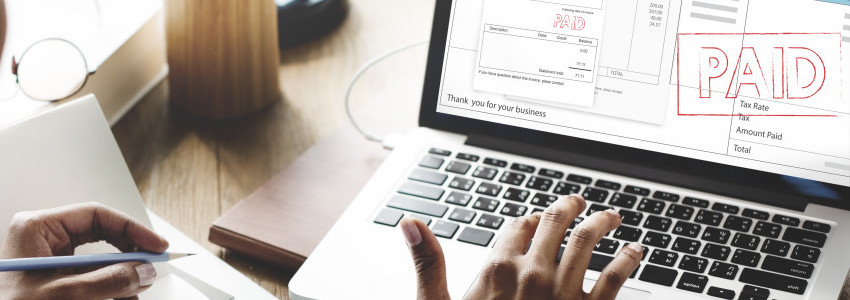Settling Unpaid Invoices – Did you invoice correctly?
In business, just as in personal life, debtors (the people that owe you money) may be slow to pay their debts. This can be frustrating and often leaves the creditor (the person who is owed the money) wondering what to do. Reasons for non-payment of invoices can vary from the creditor being too lenient with the debtor, the creditor not having the knowledge about debt recovery or simply because their invoicing was incorrect!
When you are invoicing your customers you must ensure that your invoices include all the relevant information to ensure that you get paid. Such relevant information is even more important in the event that your customer disputes the invoice or fails to pay.
What information should be present on an invoice?
Some of the below details, you might think are very basic and obvious but are critical to you when invoicing a customer. Do not forget to include the following:
Date the invoice was issued
Your invoices should include the date the invoice issued. This is hugely important as it will inform you as to when the debt becomes due for payment or overdue.
Name and address of the customer
Invoices should be addressed to the correct name and address of the customer. This is critically in the event that a dispute arises at a later stage and you have to pursue this customer through the debt recovery process available.
Include your own contact details
Your invoices should include your own name, address and contact details.
Terms and condition of invoice
All your terms and conditions should be included on your invoices although these should previously have been agreed between you and your customer also. Any special terms and conditions applicable to specific customers should also be captured.
Bank details for payment of invoice
– Having your bank details for payment on your invoices is also important to make payment as simple as possible for your customer.
Unique invoice number
Each invoice you issue should have its own individual number.
Description of goods/service supplied
Your invoice should describe details of the goods or services supplied to include the unit price (if applicable).
Amount payable by debtor
The invoice should identify the total amount due. If interest or penalties apply these should be captured on your terms and conditions but you might want to highlight these potential costs to your customer as a deterrent for late payment.
Issue Invoices Immediately!
Your invoices should be issued immediately once the goods or services were received by your customer. Remember that you can send them electronically via email or physically in person or via mail.
Issue monthly invoice statements
Issuing monthly statements is also advised to keep track of a customer with several invoices and also a good way of reminding them that they owe you money!
My debtor won’t pay me, what can I do?
If you find yourself in a situation a customer has ignored your invoicing, even though you have invoiced perfectly for the goods/services provided, and requesting payment from them yourself or issuing reminder statements to them is not working, there are some legal remedies available to you. You can turn to the debt recovery process and speak with a debt recovery solicitor to find out how you can collect your debt. Carlisle Solicitors are a specialist in debt recovery solutions and our dedicated team of debt recovery solicitors would be happy to help you out.




